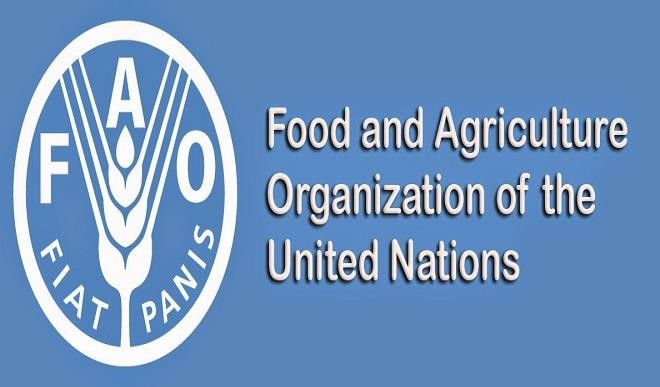How Plateau varsity tree-planting project would boost environment
The global call by the Food and Agriculture Organisation (FAO) for the need for each country to strive to have 25 per cent of its total land area under forest cover has stimulated local action of planting trees by many countries. As a result, tree planting has become a sustainability project, making individual, stakeholders and […]


The global call by the Food and Agriculture Organisation (FAO) for the need for each country to strive to have 25 per cent of its total land area under forest cover has stimulated local action of planting trees by many countries.
As a result, tree planting has become a sustainability project, making individual, stakeholders and academic institutions in Nigeria to get involved.
The Plateau State University (PLASU), Bokkos, with its vast land with natural vegetation, believes that availing itself of the benefits of planting varied kinds of trees would be contributing its quota to environmental sustainability and development.
Recently, the new Vice Chancellor of the university, Prof. Yohanna Daniel Izam, commenced a long-term three planting project, involving students and staff of the institution.
Speaking during the commencement of the project, Prof. Izam said their resolve to boost tree planting in the nation was due to its numerous advantages, and that it was part of the institution’s contribution to sustaining the environment and boosting agricultural practices.
Prof. Izam explained that each of the newly 1,397 matriculated students would plant a tree and nurture it to a period of time, upon which the best five trees would be given awards.
He noted that he and his staff would plant their own trees and nurture them, saying the scheme would be fun and timely as his tenure in office would expire at almost the same period the newly matriculated students would be graduating.
“The tree planting programme is important to us as a university. Of course you will agree that the environment is a very complex system and it also comprises of the ecosystem and everything that we see,” he said.
He further explained that upon the admission of the 1,379 students, they met at management level and told them that, “No tree planting, no graduation”, meaning that all of them would be planting a tree each and nurture them.
He stressed that the trees would enhance the teaching and learning environment.
One of the new students, Leshak Isaac Wetleng, said he was enthusiastic about the project and that he would put in his best to ensure that the aim of the project was achieved.
Reacting, the President of Agricultural Policy Research Network (APRNet), Dr. Anthony O. Onoja, said what PLASU was doing would not only benefit the institution, but would offer the state agricultural, environmental, social, communal and other benefits that would be difficult to quantify in monetary terms.
“Many species of wildlife depend on trees for habitat. Trees provide food, protection and home to many birds and mammals, and they release oxygen that animals and humans need to breathe,” he concluded.
